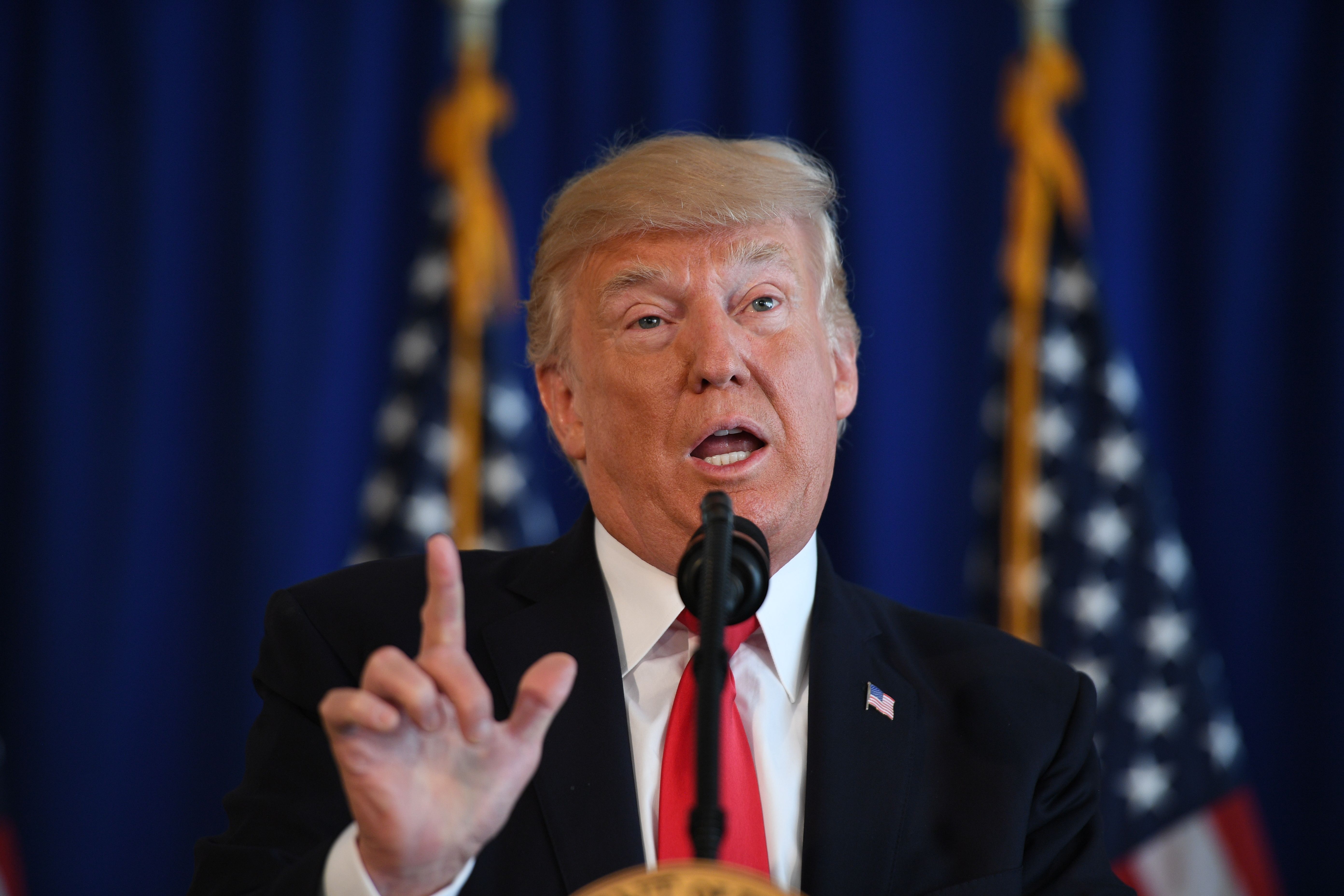Premiums could jump 25 percent if Trump ends ObamaCare subsidies, CBO finds

A free daily email with the biggest news stories of the day – and the best features from TheWeek.com
You are now subscribed
Your newsletter sign-up was successful
If President Trump follows through with his threat to end ObamaCare subsidy payments, health premiums and the federal deficit would soar, the non-partisan Congressional Budget Office said Tuesday. The CBO found that halting the ObamaCare cost-sharing reduction payments, which compensate insurers for curbing out-of-pocket costs for low-income ObamaCare enrollees, would drive up the federal deficit by $194 billion over the next decade. Premiums would jump 20 percent by next year and 25 percent by 2020.
The number of uninsured Americans would increase by 1 million in 2018 as some insurers may pull out of the marketplaces, the CBO found, but by 2020, there would actually be 1 million fewer uninsured people after the markets adjusted and insurers re-entered the marketplace. Five percent of Americans would have no insurers in 2018, though that would likely be resolved by 2020.
The analysis was completed at the behest of House Democrats, who are concerned about Trump's looming threat to stop funding these payments. It's not entirely clear what Trump will do, however, as his administration has continued to make the payments despite his threats otherwise.
The Week
Escape your echo chamber. Get the facts behind the news, plus analysis from multiple perspectives.

Sign up for The Week's Free Newsletters
From our morning news briefing to a weekly Good News Newsletter, get the best of The Week delivered directly to your inbox.
From our morning news briefing to a weekly Good News Newsletter, get the best of The Week delivered directly to your inbox.
With 2018 looming and still no promise of continued payments, The Hill reported that insurers "could exit the marketplaces" if they don't get concrete answers soon.
A free daily email with the biggest news stories of the day – and the best features from TheWeek.com